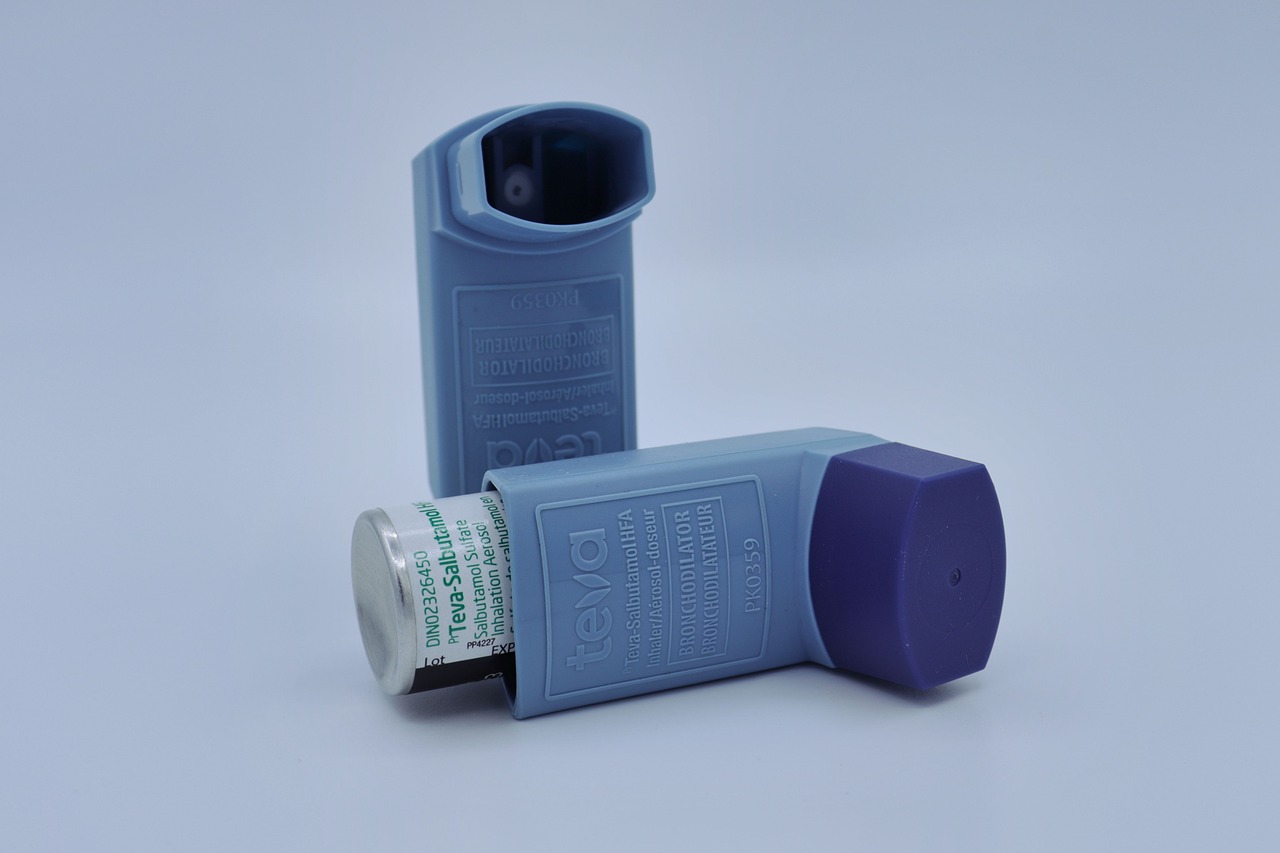Health Information Week


This week is Health Information Week in the UK – representing a campaign designed to promote the great health resources that are available to the public in this country. Held for the first time back in 2005 in the West Midlands, the campaign has grown to now being celebrated nationwide in the first week of July each and every year.
What is Health Information Week?
According to Knowledge for Healthcare, “Health Information Week (HIW) aims to encourage partnership working across sectors and benefit all staff and the public by raising awareness of the resources that are available to them.”
Not only is this campaign designed to support the public in improving access to quality health resources, but it’s also intended to benefit the professionals working within a number of healthcare sectors. This is through promoting health awareness, sharing information regarding diagnosis and treatment, and helping to build confidence in all areas of the healthcare industry in the UK.
This week’s campaign sees each day representing a particular theme. It’s broken down into the following sections:
- Monday 2nd July – Healthy lifestyles
- Tuesday 3rd July – Mental health
- Wednesday 4th July – Health and digital literacy
- Thursday 5th July- Long term conditions
- Friday 6th July – Mindfulness and relaxation
- Saturday 7th July – Patient stories
- Sunday 8th July – Promoting partnerships in health information
These topics are designed to focus on offering information around some of the UK’s priority public health issues, such as reducing the number of smokers, promoting healthy living, and improving mental health and wellbeing.
Finding the information you need
The effects of previous Health Information Weeks have been felt in many ways, from an increase in library memberships to widened digital participation and safer internet searching. If you’re interested in finding out more information around topics related to your health, then NHS Choices is a great place to start. Alternatively, if you have concerns regarding symptoms then please seek advice from a GP or pharmacist.




Apply now and get up to £4,400 in compensation
Explore Our Related News

August 3rd, 2023









